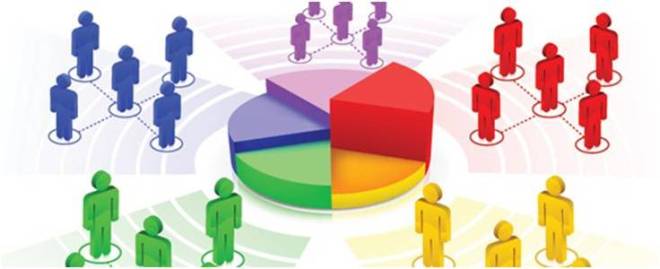If you have a company where you bill customers on a regular basis, such as a subscription-based business, you will do well to accept electronic payments. This type of processing is known as e-billing and it can do wonders for your profitability. If you have to rely on customers to be solely responsible for making their monthly payment, there is a greater chance for late or missed payments or cancellations. You are much better off to provide your customers a regular, automated system with either e billing or electronic payments. You can do this when you have a merchant account that offers this solution.
If you have any sort of monthly service that you offer customers, then the objective is to get paid as regularly as possible. You also want to make sure that the customer stays with the service which is why you would benefit from electronic payments. If you want to make sure that the customer pays consistently, then the best way to do so is to take the money on an automatic basis through e billing. Not only is this better for your business, it is actually more convenient for customers. An increasing number of people are setting up their electronic payments so that they create an automatic schedule. This is easier for them to do and tends to work out better for both parties. Those who are looking for a way to streamline their bill paying process can do so by paying automatically through this type of e billing system.
Successful businesses look forward to accepting payments in any form from their customers. The more convenient you make it for customers to pay for goods and services, the more sales you will make. If you have any sort of monthly service that you offer as part of your business, then you want to offer your customers the chance to sign-up for automatic billing either through checking account debits, electronic payments or e billing. Many people will like these types of payments as they are time-saving and cost-effective.
Mark Moncher believes that strong and viable companies are becoming more automated when it comes to billing for their goods and services. Most people are accustomed to paying at least one, if not all of their bills automatically. Save yourself the time it takes to ensure your accounts receivable are accurate and make doing business with you more convenient for your customers by finding a merchant account that will process this type of payment for you.
So, save money in the long run and offer easy convenience for your customers by accepting automated monthly payments. Particularly when you offer a monthly service or some type of subscription business where customers pay you on a regular basis, you make it more convenient for them to pay you as well as easier for you to get paid.
Mark Moncher is a senior sales and business development executive associated with American Express with a strong track record of success both from an individual as well as team focus. Consistently high leadership of Mr. Moncher scores year after year drive a winning attitude across the organization.
Learn more please click here
Follow on twitter


